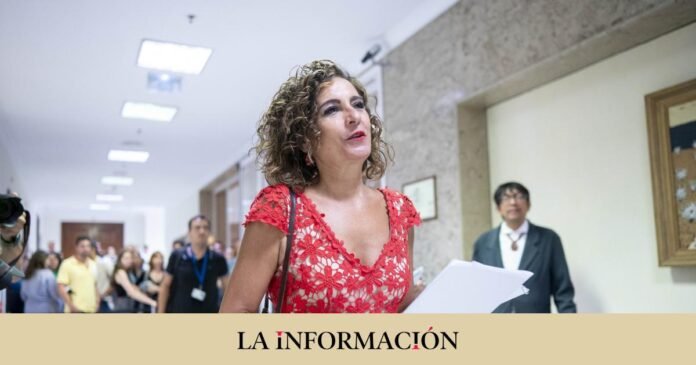In the event that their minor children contract a serious illness, employed by others in the private sector, as well as self-employed workers, find a therapy in social regulations that alleviates their misfortune. Article 37 of the Workers’ Statute grants them the right to reduce the working day by at least half of its duration for the care, with the conditions that I will explain below, of a hospitalized minor child under their care. A “sine qua non” condition for the reduction in working hours will be that the minor suffers from cancer or any other serious illness that requires a long-term hospital admission. The minor reaches the age of majority (until he reaches the age of 23), as long as he remains admitted to the hospital. In the event that the patient marries or forms a domestic partnership, he will enjoy the leave – the reduction in the working day – his spouse or partner “more uxorio”. The proportional loss of salary caused by the reduction in the working day will be covered by the payment of a cash compensation by the Social Security.
Should that compensation be taxed? No. The Tax Agency Has Always Recognized That It Is Dealing With Exempt Income Under Article 7 Z) Of The Irpf Law: “Benefits And Family Aids Bidas Of Any Of The Public Administrations Will Be Exempt, Whether They Are Linked To Birth, Adoption, fostering or caring for minor children.”
Public officials (article 49 e) of the revised text of the Law on the Basic Statute of Public Employees) also have in their favor a system of protection similar to that of private sector workers in the event of hospitalization of a minor child due to cancer or other very serious disease. The only difference is that, during the time his working hours are reduced, the official will continue to receive his full remuneration charged to the budgets of the body or entity in which he provides his services. Instead of compensation, the maintenance of his full remuneration is the modality of exempt aid, in the terms seen, under article 7, z) of the Personal Income Tax Law. However, the Tax Administration does not think so. The Administration departs from the application of the general principles of Law -such as the principle of equality- to bet all its cards on an unacceptable nominalist casuism. And he disagrees – of course! – because whoever has a broom always sweeps for home. Despite the fact that the Administration must objectively serve the general interest and blablabla…
The administrative doctrine on this matter is echoed in a resolution of the General Directorate of Taxes (DGT) of March 17, 2023. This time Taxes is limited to acting as the tsar’s courier, who has just transmitted his imperial case to all the offices dependent on its chain of command (resolution of January 23, 2023, issued in unification of criteria). For TEAC, what matters is not things but the name of things. According to the TEAC, the benefit of the exemption is only given to taxpayers who receive, literally speaking, compensation. The so-called “compensation” (not because the noun denies its nature but because it alludes to its uniqueness, when it is a plural category) does not suppose an extra burden for the company, since it is covered by the contributions made to Social Security .
According to the TEAC, there is no parallelism between private sector employees and civil servants. For two reasons:
1.- The former receive a subsidy or social aid as a counterpart to the salary decrease that automatically means a reduction in their working hours. That magic word –“subsidy”- does not appear, however, in the Basic Statute of the Public Employee. On his part, the official continues to receive his full salary, as if the reduction in his working day had not occurred. In short, the official is not paid a subsidy or help but his normal salary (fully subject to personal income tax), always according to the TEAC.
2.- These are non-homogeneous issues, since the subsidy for private workers does not cover all the remuneration they receive from the company when they work full time. Being unequal situations, the tax regulations give different answers. However, what the TEAC does not say is that the so-called “compensation” is a subsidy equivalent to 100% of the regulatory base for temporary disability due to professional contingencies or, where appropriate, for common contingencies. In other words, whether it is called a subsidy, compensation, salary or remuneration, private sector employees receive economic aid similar to that granted to civil servants to request a reduction in their working hours to provide them with the necessary free time to care for their sick minor children. . In both cases (public employees-private employees) it is the same measure so that both can reconcile their family and work lives in extraordinary circumstances. Since there is an identity of the reduction in working hours (serious illness of the minor child) and also of the help necessary to cover said eventuality (call it compensation or remuneration), it is evident that there is also an identity of fiscal regulation of the help. The extraordinary income of the private employee and the public official are -both- exempt from the IRPF tax.

